Engaging Community Responses to Crisis Situations
When two friends, Washington, D.C.-area entrepreneur Gazelle Hashemian and dentist Dr. Forough Yazdani, laid eyes on the devastating photo of Alan Kurdi, they knew they had to do something. This was the seed of Project Turquoise, a community-based initiative under the auspices of Relief International to raise funds for, and awareness of, the humanitarian crisis in the Middle East.
What is your name and your role with Project Turquoise?
FY: Forough Yazdani. I am a dentist by profession. I co-chair Project Turquoise with my friend Gazelle Hashemian.
GH: My name is Gazelle Hashemian. I’m an engineer by training, and a businesswoman and a mother. I co-founded Project Turquoise with my dear friend Forough.
What is Project Turquoise? In today’s world with many conflicts and challenges, how did you decide to focus on women and children, in conflict, in the Middle East?
GH: Project Turquoise came about when Forough and I were talking, and feeling extremely emotional, about the atrocity that’s going on in the Middle East, and other parts of the world. This was after we saw pictures online about some of the kids trying to escape Syria on boats, and the little boy whose body was washed up on the shore of Turkey and who lost his life. We decided to do something about it. We started the journey of Project Turquoise together. It started out as a small, community-based effort with Forough and I reaching out to our community of friends, family, and getting our children involved. Our daughters selected the name, Project Turquoise. Since then, we have gained a partner organization and it has grown tremendously.
FY: It’s a crisis. I do think everywhere in the world there’s people who need help. But the situation is that these people [displaced by the Syrian conflict] are completely helpless. I think it’s the biggest humanitarian crisis in our lifetime. Their own governments have turned on them, but the world cannot turn on them. Honestly, it’s a safety issue. When we take people in such a desolate, hopeless situation and abandon them, it becomes a safety issue for the world. We need to empower these people in a positive way. When organizations like Relief International are providing education services, and when you empower the youth and the mothers—who basically we know are running the homes—you are going to create a group of responsible, contributing members of society. At least they won’t come out angry, hopeless, desperate, and violent at the end. Rather, we can give them hope and services through which they can develop skills, education, or anything to empower them to be functional, healthy members of society.
How did you select your partner organization, Relief International? How did the site visit contribute to your decision?
FY: We did have a due diligence process and we did look into a number of organizations. There were a number of factors that helped us decide to choose Relief International. First, of all we were very impressed with the work they do in the field. Second, there was also a great chemistry between the leadership at Relief International and also the people who work there. We felt this would be a great partnership where we could do greater things. We were also impressed with their percentages of donations that are allocated to relief, help and support versus overhead costs. We also had Daniel Puls who was really integral and supportive in this process, helping to make the introduction.
FY: The site visit to the refugee camp was great for me to go there and see the programs there. No words can adequately express what I saw and the programs that are provided. If anything, I realize that more help is needed. There is a huge waiting list for these education programs. These programs were innovative, empowering. When we were there, we found out that 8 of the children had been accepted into university, and one of them had gotten the highest score on the test that is the prerequisite for getting into college in all of Jordan. That was through the remedial services provided by Relief International.
Your focus on education is significant. Education in emergencies is one of the most underfunded areas in humanitarian relief.
FY: A lot of the things you can teach early on with prevention and oral health education will actually help prevent diabetes, heart disease—all 4 of the top non-communicable diseases in the world can be prevented with the right nutrition and oral health. You’re not going to go and teach a 4-year old, or a 10-year old, about how to prevent diabetes or about heart health. But if they get the right training from the beginning for their oral health, I guarantee you they won’t develop any of these non-communicable diseases which are 100% preventable with the correct education and the correct prevention. It’s a lot more expensive to treat people vertically, in the long run, rather than do this preventive approach by putting a little bit more money, earlier on, into education. So that’s what I hope—in those education programs we can get this early.
What is the youth engagement component of the project, and why did you decide to include it?
GH: When Forough and I started Project Turquoise, we worked very closely with Relief International to understand what the needs are, how we can help, and how we can make a positive impact in the midst of the tragedy that’s going on. One of the major issues facing these refugee camps have been lack of education, lack of interaction, lack of purpose for the youth in the camps. With the help of our committee—specifically our friend Marjan Ehsassi leading the youth engagement aspect of Project Turquoise in the Washington, D.C. area—she has been able to work with Relief International to identify what type of support is needed for the refugee children within these camps, and mobilize our youth here to get them engaged.
We see that as an extremely positive aspect of Project Turquoise because, sadly, it is going to be the next generation that’s going to solve this major crisis. It is fantastic to get the U.S.-based community involved and engaged and to raise awareness, raise empathy, and make them part of the solution. In support of International Human Rights Day, 16 educational institutions—high schools and universities in the Washington, D.C. area—will have a unified fundraiser for Project Turquoise followed by a movie night screening of Salaam Neighbor, which is a documentary about the life of refugees in these camps. It will be the launch of official youth engagement to get the entire youth community involved, and to get them to become more aware, more empathetic, and give an opportunity to every single family in this area to become part of the solution.
What do you hope to accomplish with the upcoming service visit, and what are your longer-term goals for the project?
FY: During the site visit to [Name of Refugee Camp], we also assessed the needs. There’s an 80% caries rate in that population, so the needs are definitely there. At the present time, they have 80,000 people in the camp and only 7 dentists to serve these 80,000 people with an 80% caries rate. We will do the actual service visit in June. We hope to be a surge there and help them with emergency relief. We also hope to install a preventive program that can help in the long run. We hope to work with one of the dental schools in Jordan. We’re really excited about it. We hope that we can go back every year and really make a difference, again taking that horizontal approach where we give them the education for better health overall, not just with their oral cavity.
What worries you most about the world today? What gives you hope?
FY: What worries me most is that, as time passes on, we’re all spending more time concentrating on our differences than our similarities. At the end of the day, there’s a lot more similarities. That leads to a lot of division, hate, and anger that in the end, is going to be detrimental to everyone. What gives me hope is that there are a lot of people out there working hard. People like [PASS CEO] Daniel Puls, the NGOs and nonprofits out there who still really want to respond to these kinds of crises and help, and people like our Project Turquoise committee and community.
We have an amazing committee helping us, a lot of working moms and dads. Gazelle and I are just here to help lead the effort. We don’t want to take any credit for anything that has happened so far. The community has come together and responded to what we think is one of the biggest humanitarian crises in our time.
Gazelle Hashemian is an award-winning entrepreneur, founder of BlueFlower and BlueJuniper, and mentor of the Virginia-based organization Women in Technology. Dr. Forough Parvizian Yazdani maintains a dental practice and serves on the boards of the National Iranian American Council and the Iranian American Community Center.
Relief International is a current client of PASS. PASS has supported Project Turquoise with a financial contribution. Go to RI.org to learn more about Project Turquoise and donate.

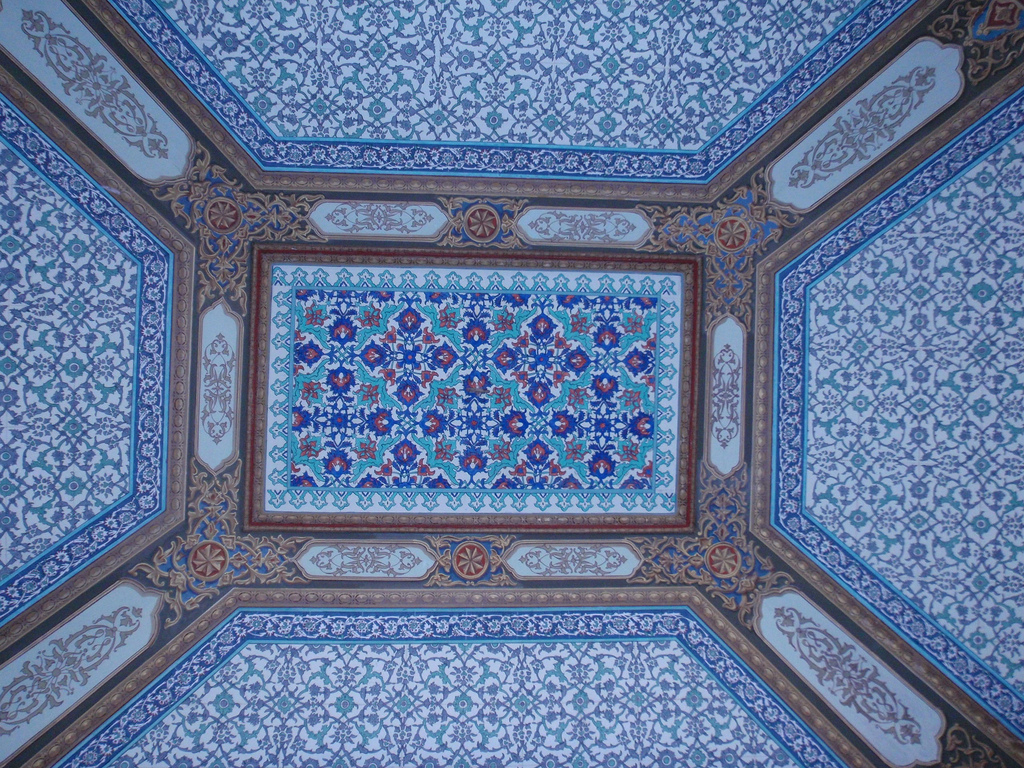
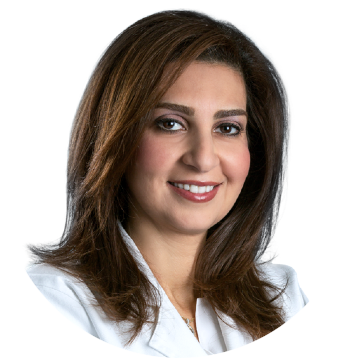
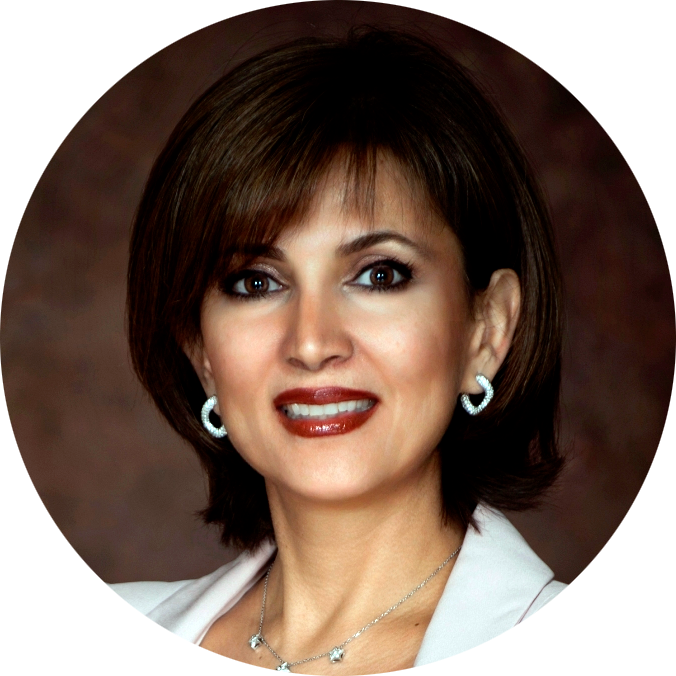
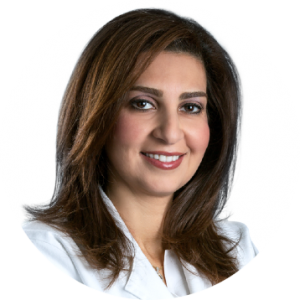
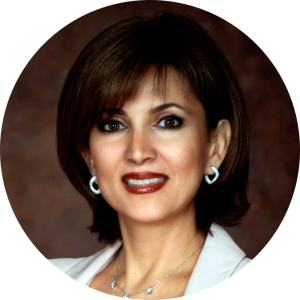

Got something to say?